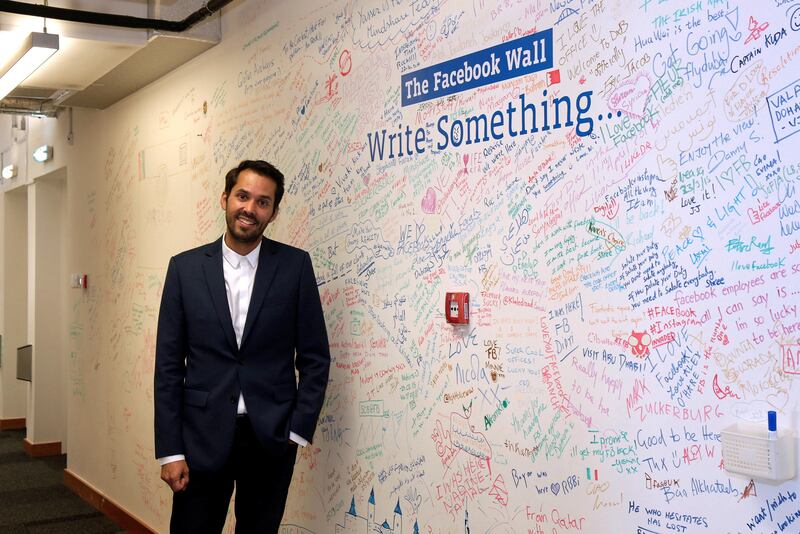Social media is the fastest-growing communication channel in the Middle East, with an estimated 136 million users on Facebook across the region, while 82 per cent of Saudi Arabia’s population are on Instagram and 74 per cent use Snapchat. Here in the UAE, where more than 70 per cent of the population own smartphones, there is growing concern about the messages being broadcast via social media.
At a Federal National Council meeting this week, Abu Dhabi representative Saeed Al Remeithi made the case for muftis to have a presence on social media to ensure young people did not look elsewhere for advice and guidance. Awqaf, the Authority of Islamic Affairs and Endowments, has yet to explore that channel as a means to issue fatwas, which are currently broadcast by text message, phone call or on its website. But the organisation is playing catch-up. Some of the most influential clerics on social media in the region have been detained in Saudi Arabia recently, including Awad Al Qarni, who is accused of having links with the Muslim Brotherhood. Social media is a known tool for radicalisation and the dissemination of an extreme ideology and has been used to powerful effect by ISIL to recruit foreign fighters. We have already seen the after-effects of teenagers duped by persuasive elements in their bedrooms, absorbing messages over electronic devices, unchecked by either parents or teachers. We have yet to see how the social media muftis would operate and how they would tap into a potentially vulnerable young audience. The key element is surely for peers to speak to the younger generation in language they understand and on a platform that is highly relatable. That has already been recognised by the leadership, which appointed a remarkable number of ministers under the age of 30 in a recent cabinet reshuffle, first announced on Twitter. We might be some way off muftis communicating in emojis but speaking to the young in terminology they understand can only be a good thing.





